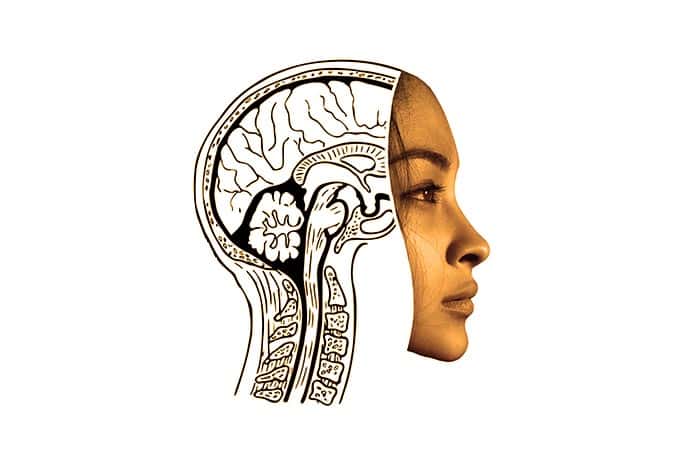It is always difficult to make predictions, especially on emerging topics such as artificial intelligence. Nevertheless, not to mention predictions, it is necessary to understand the occurrences of a subject in order to orient oneself properly. A few analyzes, methods and frameworks allow us to identify certain trends in artificial intelligence.
For example, the S innovation curve or the hype cycle are theories which allow us to visualize innovation cycles. You will probably recognize the evolutionary curve of Gartner technologies.
Today we would like to share with you a theory developed in a conference by Benedicte Evans, one of the partners of the a16z investment fund, recognized as one of the best venture capital funds in the world.
This theory, called the industry disaggregation principle, explains three things:
- A technology or an innovation that becomes mature leads to the disintegration of its industry into multiple industries -> Disaggregation
- These multiple industries are becoming large enough markets to allow more specific services to exist -> Specialization
- New services are emerging on the outskirts of these new markets
This allows us to highlight some fundamental trends in the development of services around artificial intelligence for 2020:
1. Improved Infrastructure Services
- The rise of orchestrating companies like Databricks
- The rise of data labelling companies like Payment or Sequence.work
- The rise of companies improving computing power by creating new processors like Graphcore and Blaize or by improving current processing with already existing CPU / GPUs like NeuralMagic
- The emergence of companies allowing start-ups to industrialize their AI product easily, such as Petuum
2. Growth In Ethics And Data Protection Services
- The emergence of companies that provide ethical and moral rules that govern AI services, such as One trust for the GDPR, for example. Then, by use case as the CNIL does for facial recognition
- The emergence of services to recognize or prevent data corruption.
- The creation of companies developing advanced decentralized cryptography or cybersecurity services for the protection and analysis of data such as Cosmian.
3. The Emergence Of New Related Services
- Funding for companies developing sensors and connected objects to collect data, such as Luminar
- The emergence of specialized AI service companies verticalized by industry and technology. If we follow this logic, the future would be to become an expert in certain use cases in an industry or in certain types of algorithms. We would no longer speak of an AI expert in the bank but of an expert in fraud in the bank, like Shift Technology.
- The creation of services that facilitate the creation of models, such as Sigopt or Datarobot
- The growth of services allowing newbies to use technical services in a more intuitive way. Salesforce published a research paper in 2017 that explains how to automatically convert questions (NLP) to queries (SQL).
- The creation of services that improve the development of AI, such as 5G. The explosion of services that facilitate the recruitment of technical profiles
- The increase in use cases in SMEs related to automation and not a prediction
- The creation of business training programs to understand AI, as we do with Axionable or more technical in data engineering and cloud computing, such as OpenClassroom
- The convergence of targeted training in rare skills and multidisciplinary schools in higher education. For example, the wagon teaches business school students to code.
4. Improving Basic Research
- The increase in research papers on parallel processing and optimization of neural network parameters
- The growth of research papers on different types of blended learning such as semi-supervised learning
- Growth in “edge computing” initiatives. Cloud computing is a real revolution, certainly growing, but which will never be able to provide the necessary bandwidth for critical services or in real-time. Imagine having to wait for the response from your cloud for your self-driving car to make a decision. Processing can be done at the edge of the network. This obviously raises performance issues in terms of computing power. An autonomous car today produces 1 GB of data per second!
- The rise of protocols that work on the decentralization of learning from an AI model like DML
All these subjects are varied and not exhaustive but are all derivatives of the disintegration of the industry created by artificial intelligence, which is becoming mature, and which in order to exist must disintegrate, leaving the opportunity for new companies and services to develop. ’emerge.

